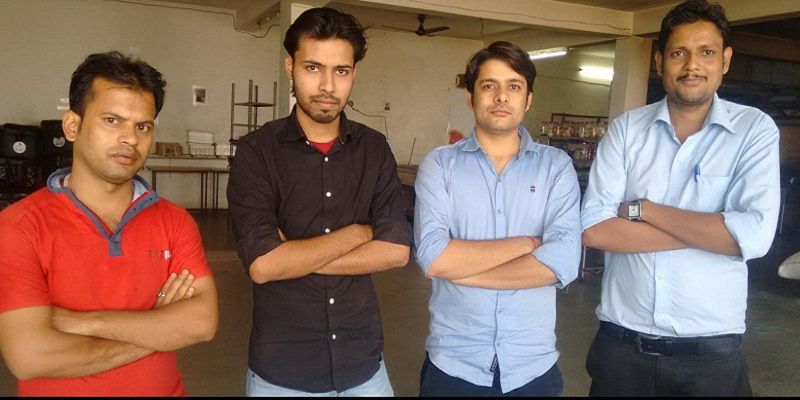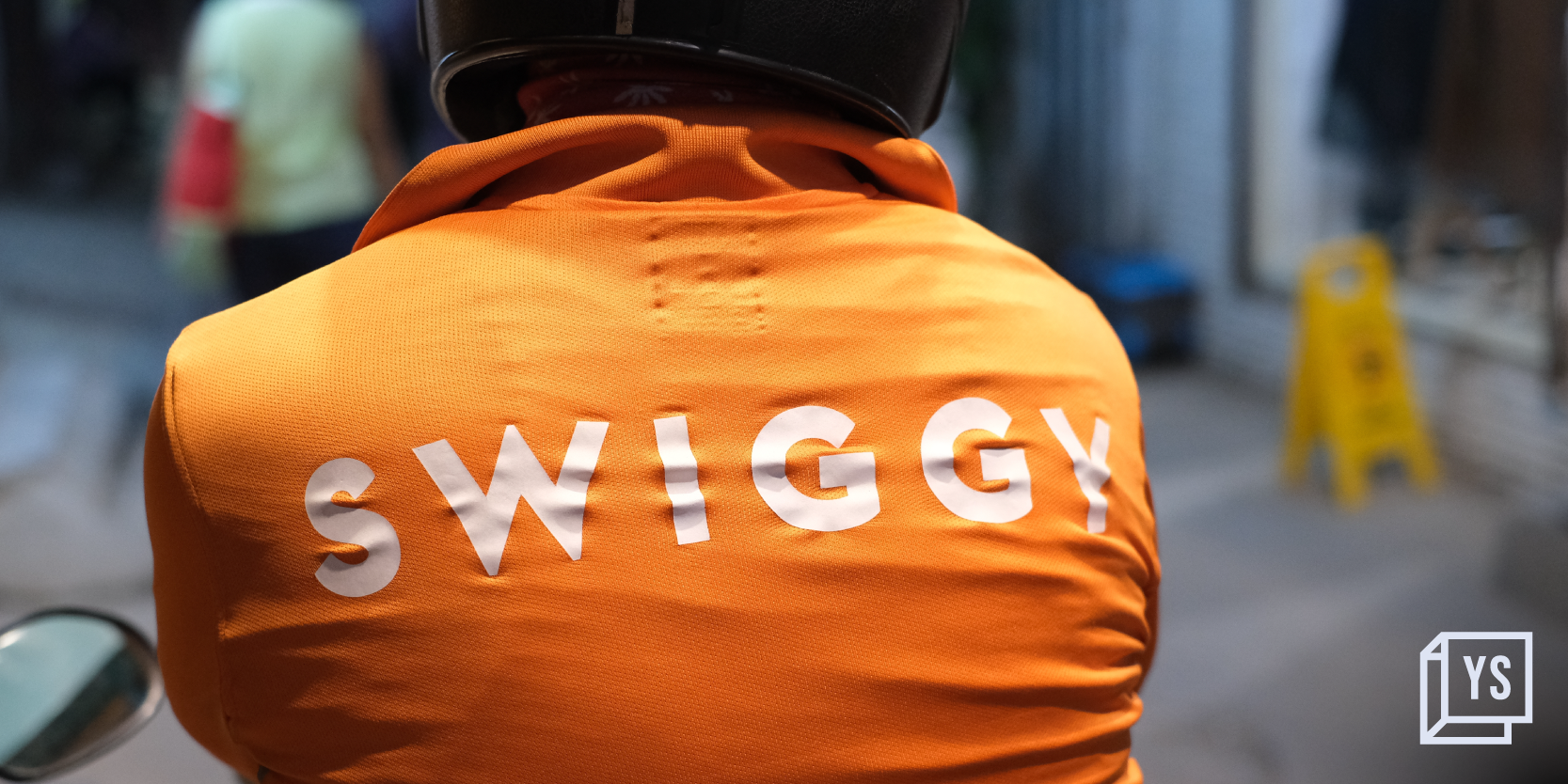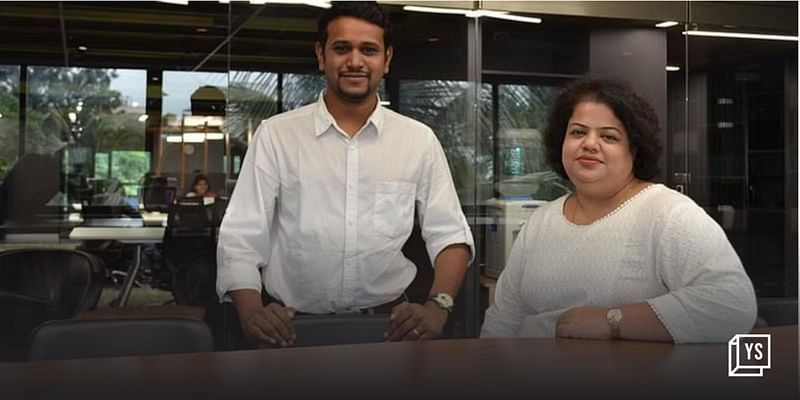How these IITians' Kota-based Foodtech startup is looking to conquer Tier II cities
A plate of piping-hot, homecooked food. Something that is taken for granted until one goes without it. This probably is the case of every student and professional who works away from home. Achal Bansal and Pankaj Sharma faced this situation during their JEE and IIT Kharagpur days.
So they decided to solve the problem by starting Mr Hot Foods in Kota, Rajasthan, as a service provider of home-cooked tiffin, with a few customisations to accommodate the monthly budget of their end consumer.
“We have a weekly menu planner for regular subscription, where a customer can plan his or her diet among 15-16 items per day per shift according to taste, diet and budget,” adds 28-year old Pankaj.
The menu planner is designed with few more features to save the hassle of ordering every day, like the option of multiple delivery addresses, different delivery time slot for different meals, balance transfer facility, and alteration of meal plans.
Pankaj says that people have numerous options to provide food, ranging from restaurants to fastfood joints to food ordering apps, but the problem is that the food served is not fit for regular consumption. While these options hold water three to four times a week, people prefer to eat healthy home cooked meals the rest of the time. Then there are the local joints that serve cheap but unhealthy and unhygienic food.

Setbacks and scale
From procuring inventory to food production to delivery of meals everything at Mr Hot Foods is managed internally, claims Pankaj, to ensure quality service with pocket-friendly pricing. He explains that a customer can either place instant order or can subscribe to a regular service.
However, being inexperienced and new to the food industry, most problems Mr Hot Foods faced were in setting up of the base kitchen, pricing of products and hiring the right candidates for the job and day-to-day management of the employees.

“Benchmarking with other established and big names in the industry and hiring a professional chef and production manager at the start helped us understand pricing, budget and margins on which most food services operate,” says Pankaj.
He adds that they were delivering nearly 400 meals every day after four months of starting up and were generating revenues of around Rs 5 to 6 lakh per month. “However, tight cash flow, low cash reserves and lack of basic infrastructure has given us major setbacks. We had to make loose purchases, had limited budgets for marketing and publicity and were unable to provide a good workplace for our employees,” he says.
Pankaj adds that while all food businesses track monthly or weekly profits and sales, they (Mr Hot Foods) started calculating profits, margins, costs everyday till they were sure about the profitability of their unit metrics.
Numbers and way forward
The team now claims to deliver more than 1,500 meals per day. The number of regular subscribers on the platform are over 9,000. Pankaj says the total meals delivered in Kota and Jaipur and both regular and subscription meals is 3,50,000.
“Our revenue model is very simple, where a customer gives us advance money to recharge online food wallet and can consume it either by filling menu planner or by ordering instant orders as and when they need. We are working on tie-ups with corporate offices and institutions by providing them food in bulk at a discounted price,” says Pankaj. Cash on delivery is available too for instant orders.
Bootstrapped, the team is now looking for external funding of Rs 3-4 crore to expand across different parts of the country and also intends to touch Delhi-NCR soon.
YourStory take
It always is heartening to see great startups from Tier II and III cities, especially if they are looking to expand across the country. In the case of Mr Hot Foods, they have expanded from Kota to Jaipur and Indore and now setting sights on Delhi, which will not only help them set base, but also learn as they enter each market.
However, Delhi NCR will be a different challenge altogether. The city has several foodtech startups and bigger guys like FreshMenu, InnerChef, Swiggy and Zomato have a strong base there.
Also, while according to an IAMAI report, by 2026 the market size of Tier II and III cities will grow from the current $5.7 to $80 billion, the investor focus on this region is limited, compared to the metros. And food startups need deeper pockets to expand and grow as they are ops-heavy businesses.
Ashish Taneja, growX Ventures, says,
If you look at most investors and VC firms, they’re based out of larger cities, so they tend to support organisations there. Also, if you make it big in the bigger cities, the chances of successfully replicating in smaller cities are much higher. However, we are hoping that a startup from Tier II and Tier III cities makes it big and competes with biggies started up from metro cities.








